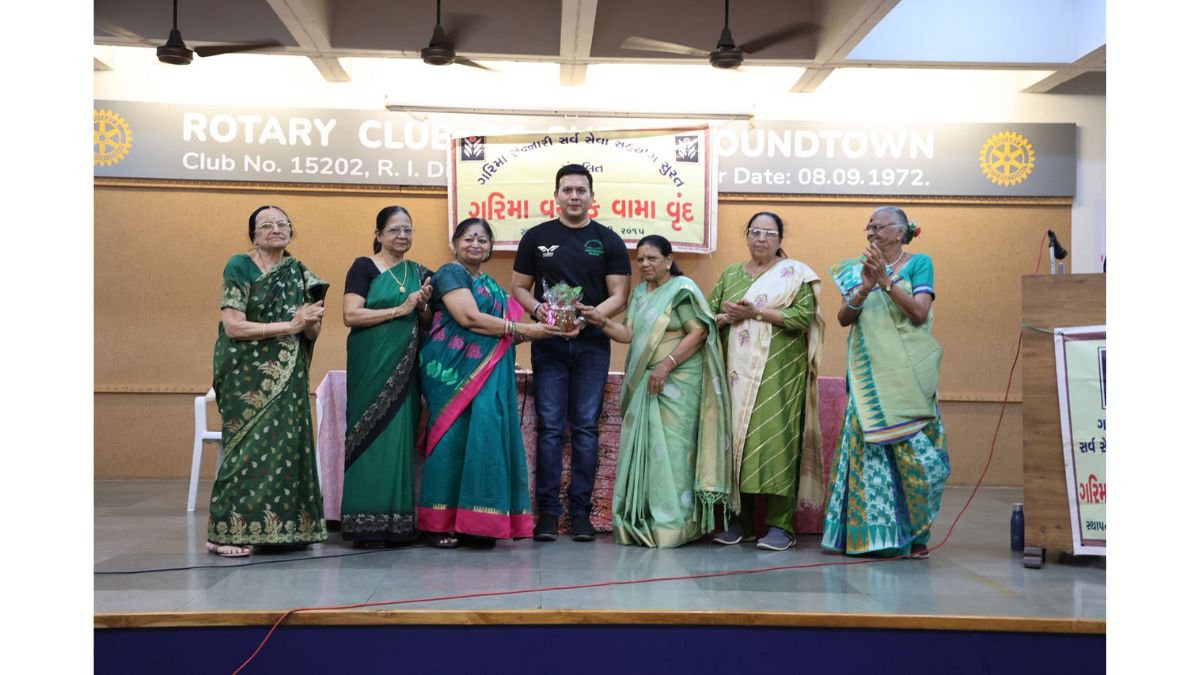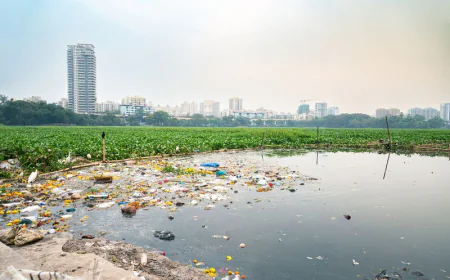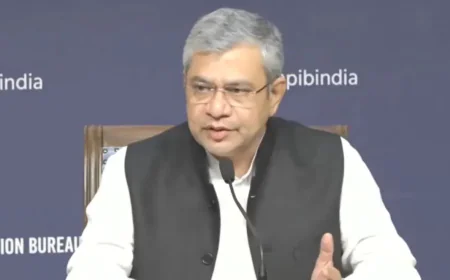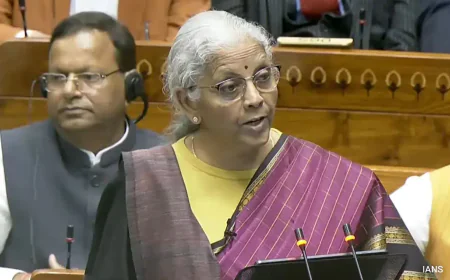Greenman Viral Desai addresses senior women, emphasises environmental conservation, sustainable living


Surat (Gujarat) [India], June 19: The annual event of Garima Vayask Vama Group in Surat was blessed with the wisdom and experience of a grand environmentalist Viral Desai popularly known as The Greenman with an understanding of the climate. His strong performance on environmental protection and sustainable lifestyles resonated with members of the senior citizen group with women and once again made him the magnet behind community-based environmental transformation.
The assembly was not an occasion but rather a platform of generational host, where Desai underlined that the use of older women is huge because they determine the environmental views of the respective families and societies. He told the audience, as grandmothers and custodians of customs, you could set the metaphorical seeds of sustainability through your stories and values that you share.
Want to get your story featured as above? click here!
Want to get your story featured as above? click here!
The Role of Women in Climate Advocacy
In his keynote address, Desai wondered why elderly women had failed to show active participation in raising awareness on living in a sustainable manner. Based on cultural pointers and family units, he said their input, especially on the younger generation, may turn out to be the foundation of a greener world.
Desai said, children learn more from their grandparents than we can admit. Through mere incorporation of the messages about valuing the environment into daily communication, cooking styles or traditions, elderly women can teach grandchildren the attentiveness to nature and its importance throughout their whole lives.
People received his message, and those who commented, including myself, felt that their everyday life habits of taking cloth bags, saving water, or planting trees would be the means to make big changes as long as the same pattern is always repeated.
Satyagraha Against Pollution and Climate Change
One of the major moments in the event was when Desai unveiled his major movement, “Satyagraha Against Pollution and Climate Change”. Based on the Gandhian thinking, this effort encourages non-violent and action-oriented grassroots environmental movements by ordinary people.
According to him, there is a purpose behind the movement to ensure that all citizens, irrespective of their age and background, are motivated to make a positive contribution to help protect the environment. You do not have to go on the streets to protest. You, too, are a Satyagrahi even when you do your composting at home, lessen your plastic usage, or discuss climate change at dinner, Desai proclaimed.
Through the knowledge and the drive of the movement, Desai feels that the U.S. can set an example through the senior citizen population to make the ripple effect that it takes to get people to show personal responsibility, which would then create community resilience.
Blessings and Humility
The program ended in heartfelt applause of appreciation by the audience. The personal stories told by many of the participants about the traditional practices of the environment that they adhered to when they were younger corroborated the timelessness of the message that Desai gave.
In a reflective moment, he said,
“Teaching experienced elders like these about environmental conservation is beyond my ability. But receiving their blessings is a truly humbling moment. Their love and support inspire me to keep moving forward on the path of protecting the planet.”
The atmosphere at the Garima Vayask Vama Group gathering was one of mutual respect and empowerment—a confluence of legacy and leadership.
The Way Forward
As the impact of climate change remains a threat to existence, the methodology used by Desai that connects generations and places the concept of action within the context of cultural identity provides an impressive example of sustainable engagement. It is confirmed by his dealings with the older Surati women of a simple yet very strong belief that change of the environment starts at home and most of the time it comes at home- it starts with the elders.
Since the Greenman has been keeping up his journey all over cities planting trees and sewing change, its latest endeavor in Surat demonstrates that old age is no boundary rather a bridge to a more eco-accountable society.





















.jpg)












































.jpg)












